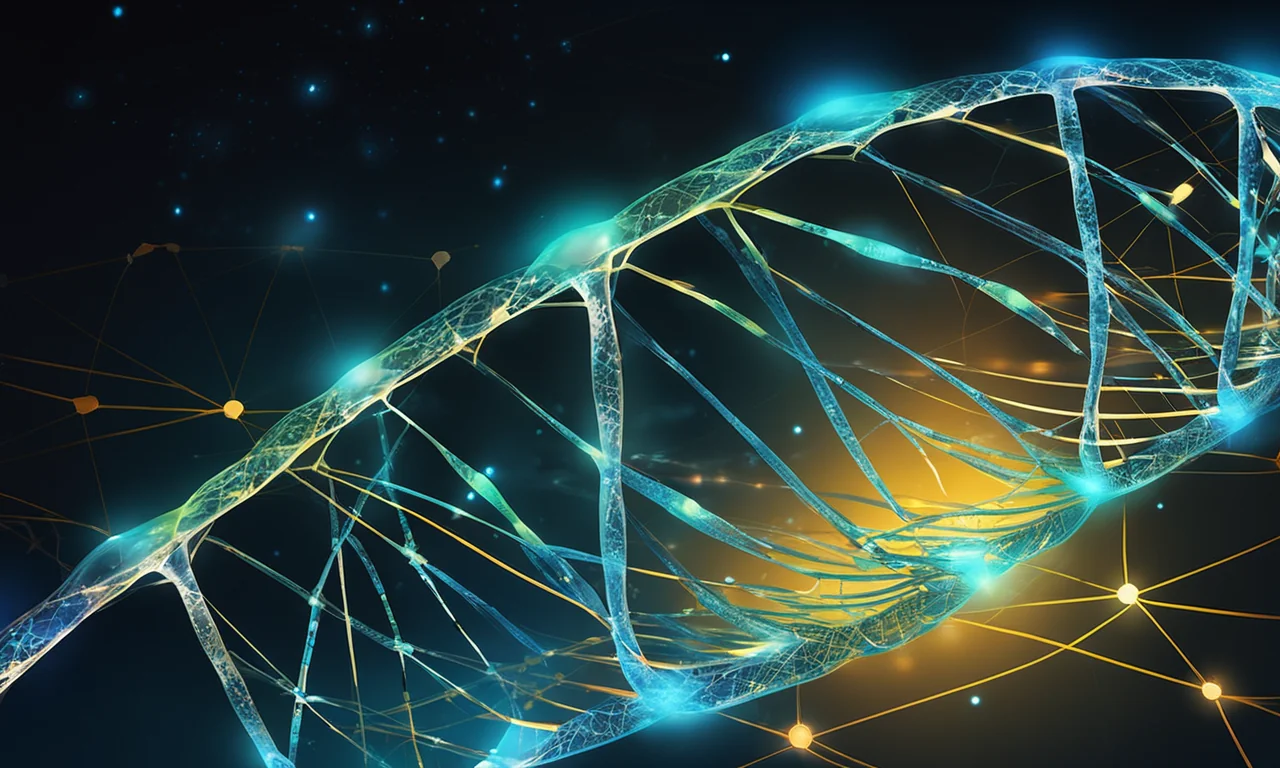
Scientific Breakthroughs and Policy Shifts Reshape Global Health Strategies
The urgent reevaluation of public health policies and rapid scientific advances drive new approaches to resilience and adaptation.
Today's Bluesky conversations in science and health converge on three pivotal themes: the evolution of public health strategies, scientific breakthroughs shaping policy and discovery, and the complex interplay between vulnerability, adaptation, and resilience across communities and species. These threads reveal a dynamic landscape where research, social trends, and biological phenomena are constantly redefining our understanding and priorities.
Public Health Policy Under Scrutiny
Debate over pandemic-era strategies resurfaced, with critiques of the Great Barrington Declaration emblematic of the dangers in confidently overstated scientific assertions. The discussion underscores not just the rapid overturning of misguided approaches, but also the alarming normalization of such ideas by governments and public health agencies worldwide. Simultaneously, concerns about political interference in science were highlighted by UCL researchers warning UK agencies that safeguarding health and data from political meddling remains an urgent priority, drawing lessons from recent history in the United States.
"Zero accountability for this. A crime in plain sight."- @richardvallee.bsky.social (13 points)
Urgency also marked the conversation around youth mental health, as longitudinal research tracked the rise in distress among LGBTQ+ youth, alongside diminishing access to care and increased exposure to conversion therapy. This signals systemic failures that policy and society must address, with increasing risks to vulnerable populations even as support networks strive to respond.
"These findings shouldn't surprise anyone, given the current political climate. But they should shame anyone who hasn't seen the need to protect queer and trans kids--and the family members, healthcare providers, and teachers supporting them--from dangerous political attacks."- @jessicacalarco.com (52 points)
Breakthroughs and Scientific Adaptation
Scientific adaptability remains a core theme as new findings reshape recommendations and health outcomes. The remarkable 43% drop in peanut allergies among children exemplifies how evidence-driven policy can swiftly impact population health, with experts celebrating evolving guidelines and the self-correcting nature of science. The ongoing quest to combat antibiotic resistance drew focus to innovative research sourcing molecules from ancient archaea, offering unexpected solutions to urgent global health threats.
"As a licensed therapist and allergy parenting book author working with families managing food allergies (and an allergy parent myself), I'm thrilled to see this news. And it's a great example of how recommendations can change over time thanks to science and data."- @therapisttamara.bsky.social (4 points)
The transformative impact of genetic research was spotlighted by Science Magazine's reflection on CRISPR/Cas9, a tool that has revolutionized genetic engineering and earned a Nobel Prize. This breakthrough continues to inspire further innovation and underscores the power of collaborative scientific progress in shaping future applications.
Adaptation, Resilience, and Discovery
Several posts explored the remarkable resilience and adaptation evident in nature and ancient human behavior. Research revealing how fungi shield stinkbug eggs from parasitic wasps showcases complex symbiotic relationships, potentially informing drug discovery and our understanding of mutualism. Meanwhile, the discovery of ancient sea turtle soft tissues in Lebanon challenges evolutionary assumptions, illustrating how scale loss was a recurring adaptation in marine reptiles.
The intersection of play and survival emerged in findings of human footprints within giant sloth tracks, suggesting that even prehistoric children engaged in playful activities amid challenging environments. Discussions also ventured into cosmic speculation, as theoretical “dark orbs” were imagined to burn brighter than present-day stars, a testament to humanity's persistent curiosity about the universe's hidden wonders.
"Despite having “dark” in their name, these ancient orbs would have burned bigger and brighter than our current stars. If they existed, that is."- @scifri.bsky.social (80 points)
Finally, the search for novel antibiotics in unexpected biological sources such as ancient archaea continues to exemplify the creativity and resilience of the scientific enterprise, highlighting the urgent need to combat rising antimicrobial resistance through interdisciplinary exploration.
Data reveals patterns across all communities. - Dr. Elena Rodriguez